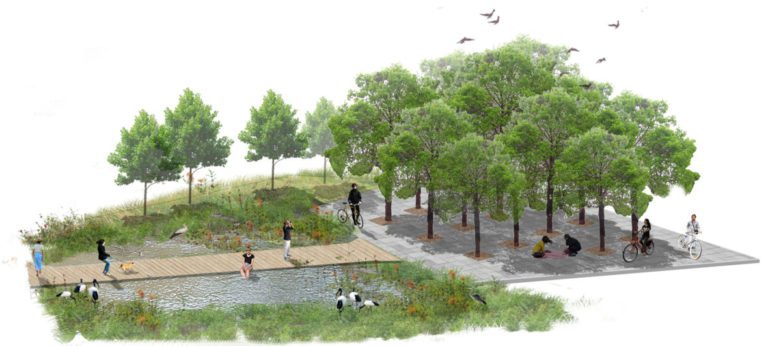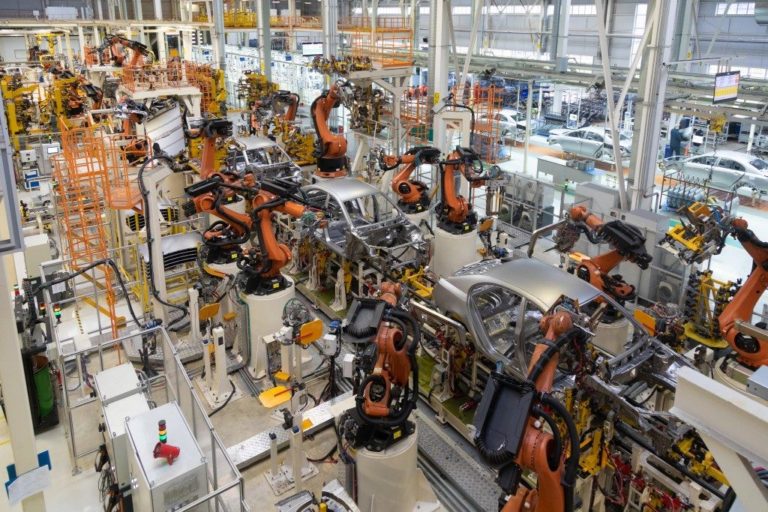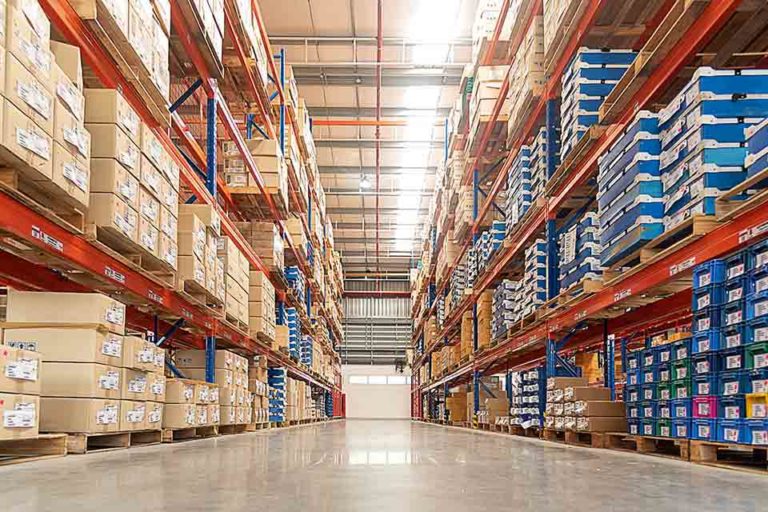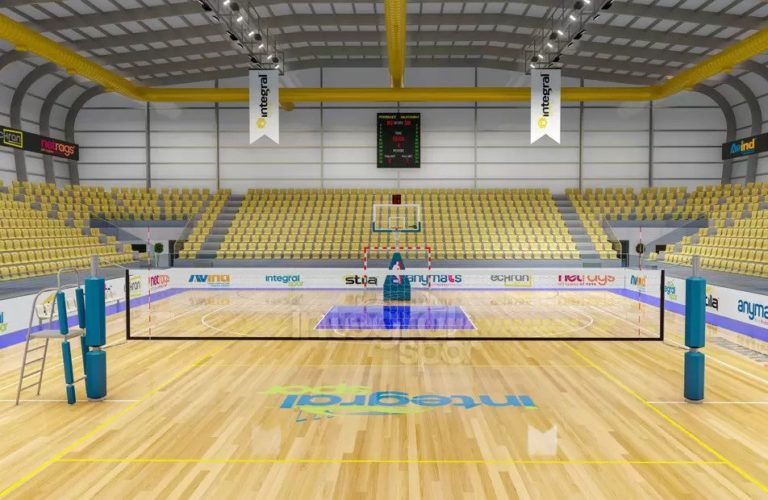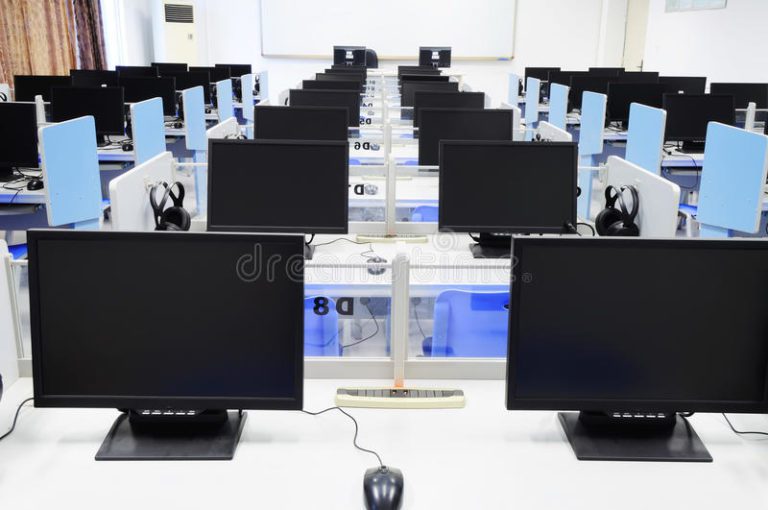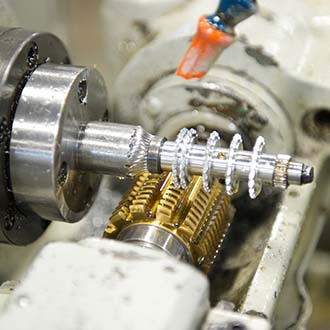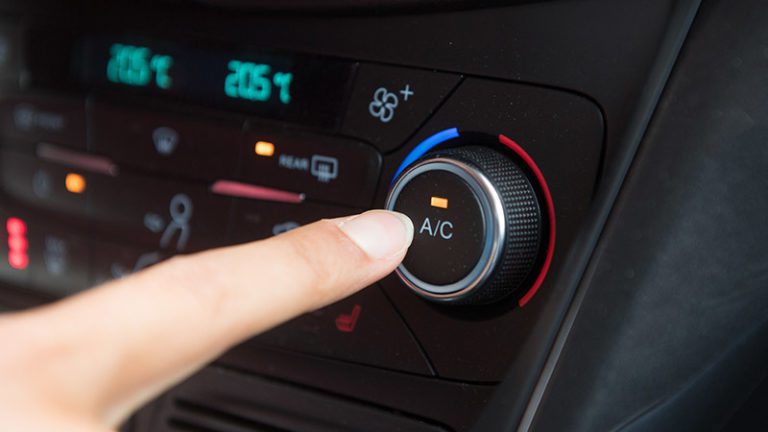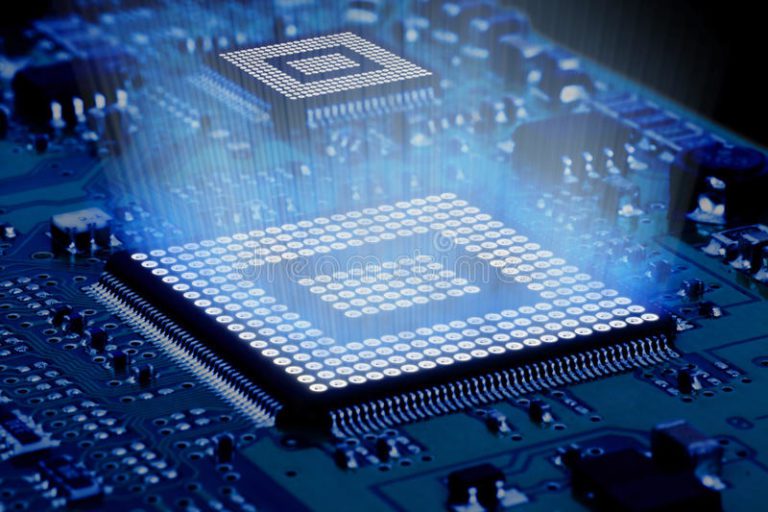Air Cooler vs Air Conditioner
- November 28, 2022
- By constromech-admin
Should you go for Air Cooler or Air Conditioner?
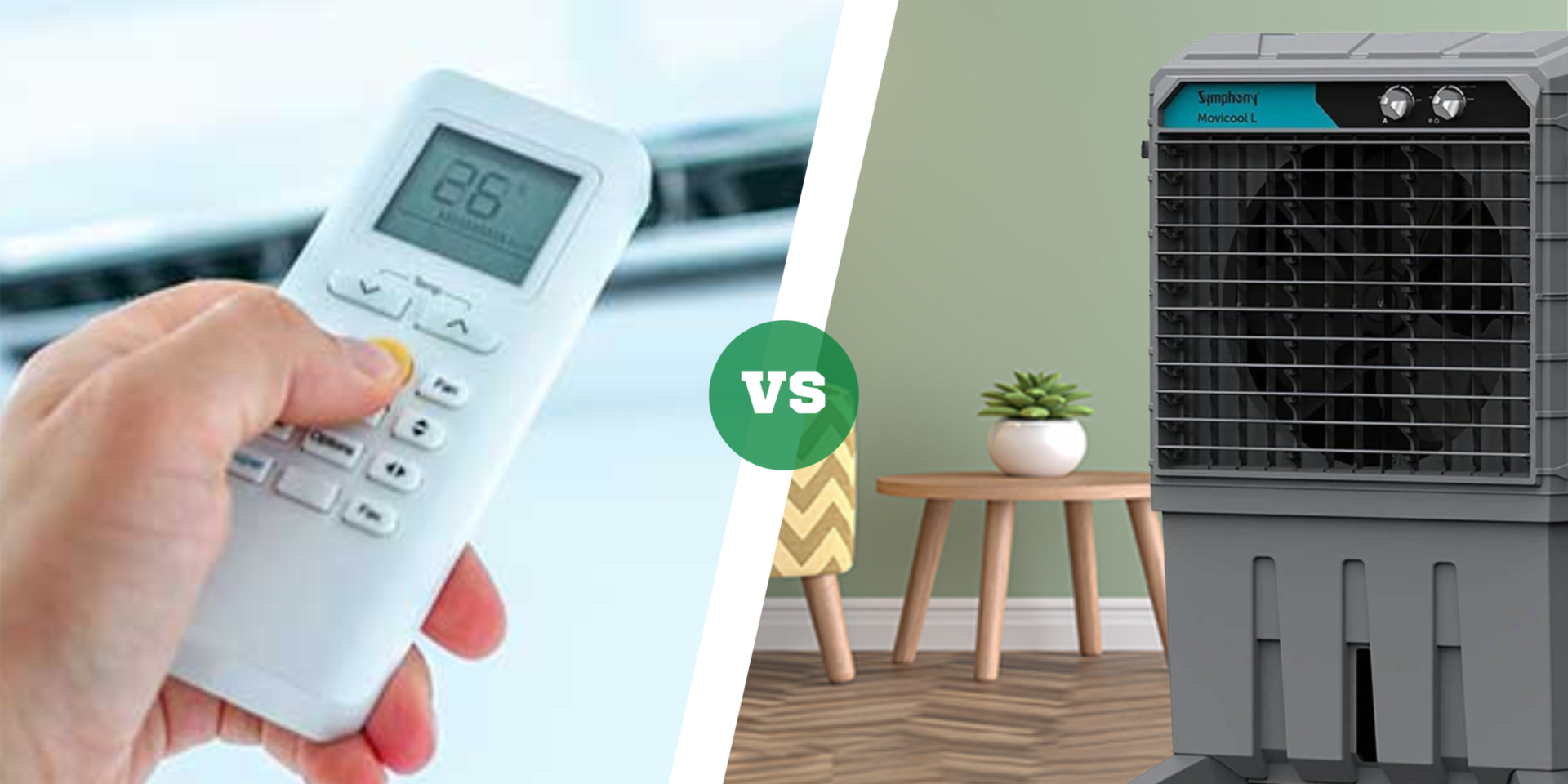
Whether you own a large warehouse, small office, or large space with a need for cooling, air conditioners and evaporative coolers are great options to improving your temperature. However, they aren’t the same thing and each offer their own benefits and drawbacks. If you’re still undecided about which one is right for you, keep reading!
Air Cooler vs Air Conditioner; The curiosity ends here.
In this article, we will cover the following topics:
Let’s get started with the functioning.
How does an Air Cooler works?
Air cooler basically has 3 main parts; A tank, a fan, and an absorbent material. The process starts with filling the tank with water and allowing the absorbent material to soak it. As the material soaks, the water evaporates and the pure evaporated water cools the surrounding air. With the help of a fan, the cold air is transferred to the surroundings.
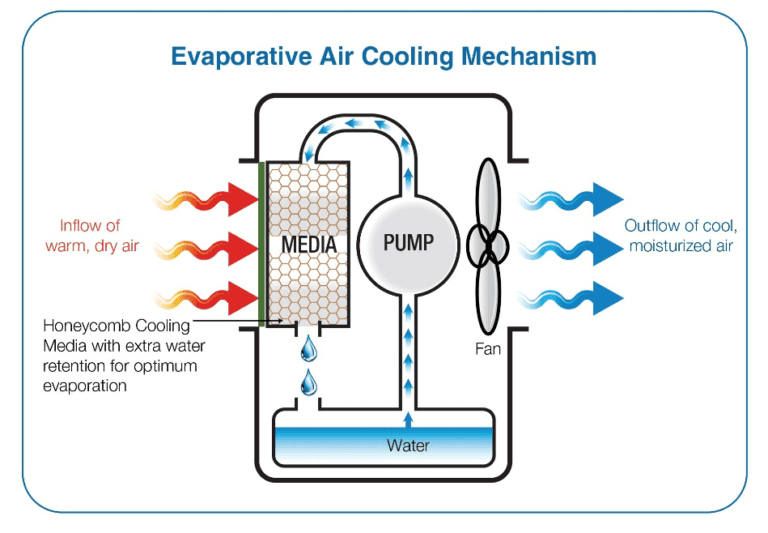
How does an Air Conditioner work?
Air conditioners are designed to remove excess heat from the home by absorbing it from the air and dissipating it into the outdoors. Inside the air conditioner, refrigerant is initially pumped through a compressor. This increases pressure and temperature in the system so that some of the fluid turns into gas. The gas travels to an expansion valve, where it expands and cools down before returning to its liquid state. Meanwhile, indoor air passes over a compressor coil inside an evaporator coil, which contains more than one finned tube that pulls heat away from the indoor air.

Features
Now you got a basic idea about the functioning of each. Let’s go through basic features of each:
Quality of Air:

When considering air cooler vs air conditioner health effects. An air conditioner pulls the internal air from your room and circulates it again. This repeated circulation of the same air changes its composition and makes it stale. An air cooler, however, pulls fresh outside air into the room and cools it down using a honey comb evaporative cooling pad. The resultant dried air is generally much better for health than what an air-conditioner can offer. This is because it doesn’t over-dry as like an AC does, nor is it as contaminated with pollutants as an AC is (since they also circulate existing indoor pollutants).
Price:

The 2nd most people concerned about is the price of air cooler vs air conditioner. If you live in places that do not get much sunlight and receive very low humidity, then an air cooler is more practical as it is cheaper and consumes less power. On the other hand, a central air conditioning system cools the entire house along with the appliances such as refrigerator, so it is helpful if you don’t want to buy two cooling devices for your house– one for refrigeration and another for refreshing your room. So, if you are looking for a cost-effective way of cooling indoor spaces then go for an air cooler.
Electricity Bills:
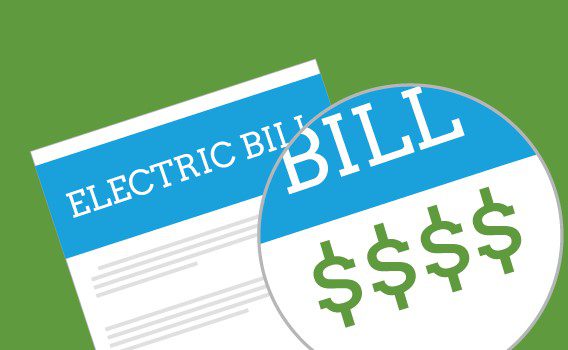
This is the most people are concerned about; air cooler vs air conditioner electricity consumption.
If you are looking for an affordable alternative to air conditioners, then air coolers are the perfect choice. Air coolers use significantly less electricity, around one-third of the air conditioners. They are also energy efficient, which means that you can save a lot of money over the long term by investing in one.
Portability:

Most of the air coolers are portable and you can easily move them around anywhere in as required. Air conditioners require professional help to install/uninstall.
Humidity Control:
The performance of an air cooler depends on relative humidity & ambient temperature. An air conditioner is designed to solve the problem of high humidity. It absorbs moisture from the air and cools it down.
Ecofriendly:

Air Conditioner work by a method called compression refrigeration, where a compressor compresses gas and cools it down to form liquid. However, these compressors release CFC and HFC gases that are harmful to our environment. To make up for this shortcoming, air coolers use water as a refrigerant instead. Since there is no expulsion of harmful gases, they are eco-friendly cooling appliances that use water instead of harmful gases (compressors) as a refrigerant.
Maintenance:

An air cooler is virtually maintenance free and has very few mechanical parts, but it does have the capacity to cool and dehumidify to certain levels. Air conditioners on the other hand, need timely servicing as a part of the maintenance.
Applications of Air Coolers:
Air coolers are preferred over areas that are difficult to close, areas that have foul odors, and areas that generate mechanical heat energy.
Applications of Air Conditioners:
Air conditioning is required for improving processes and materials other than the comfort of persons. The life of electronic devices increases with the application of Air Conditioner.
Summary
Whether you choose air conditioners or air coolers or when considering evaporative air cooler vs air conditioner, the main factor to consider is the applications. There are some places where only air conditioners can be used and there are places where only air coolers can be used. It’s all about where you’re going to use these tools.
By going through this article, you will be able to identify which of them is useful as per your requirement.
If you are still confused, please contact us. Our experts will guide you to choose which machines as per requirement.
Related Articles
Recent Posts
- By constromech-admin
- By constromech-admin
- By constromech-admin
- By constromech-admin



